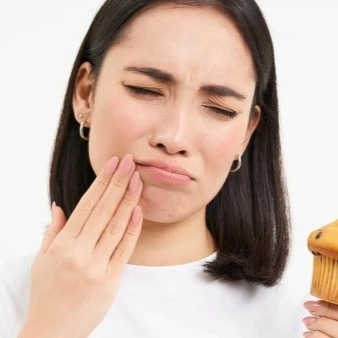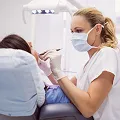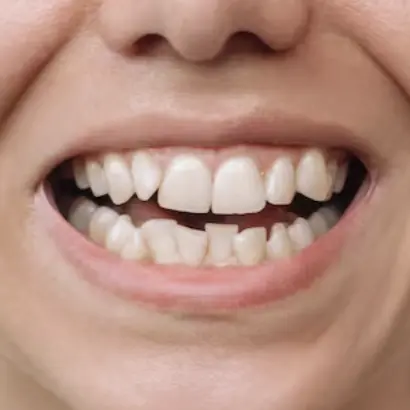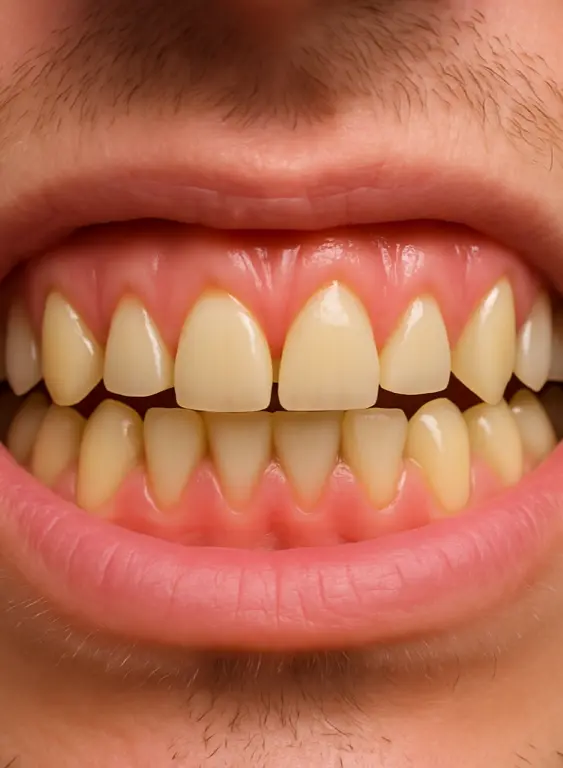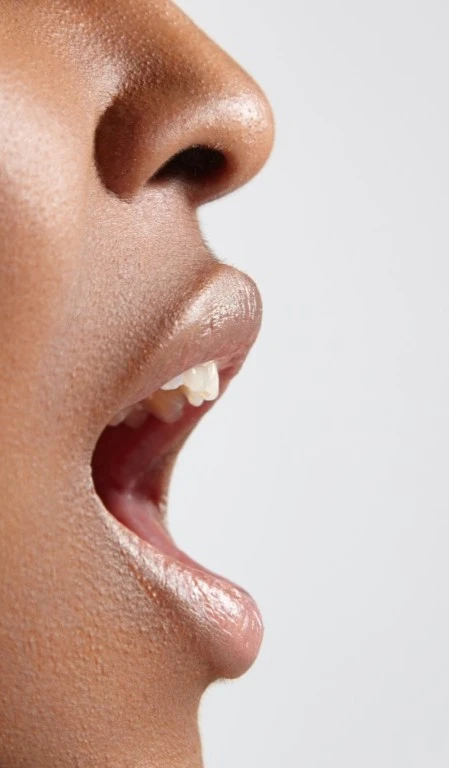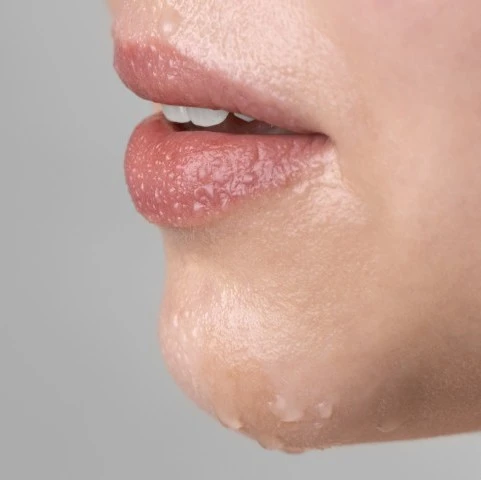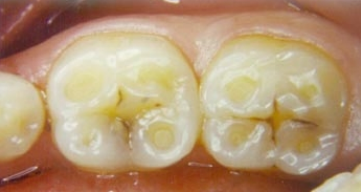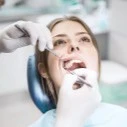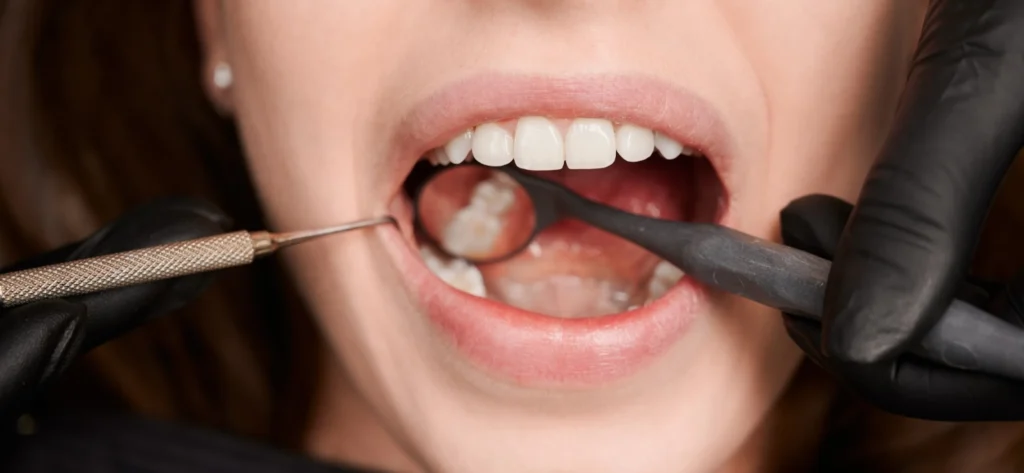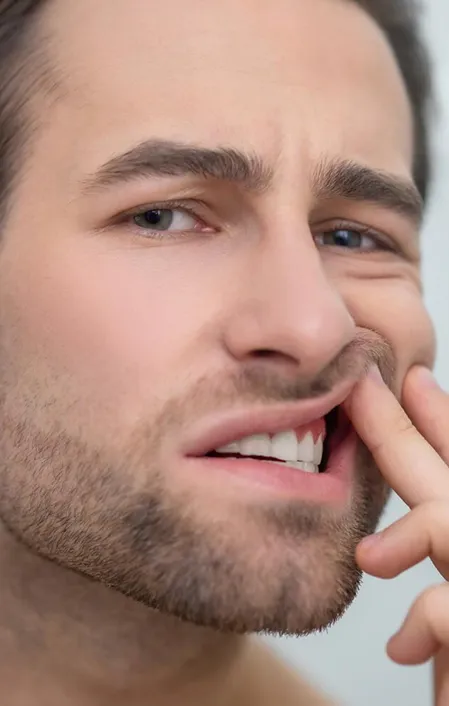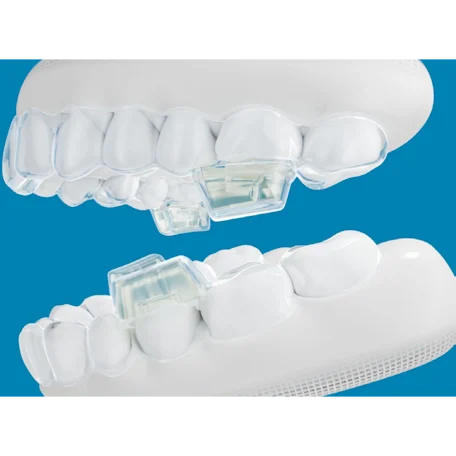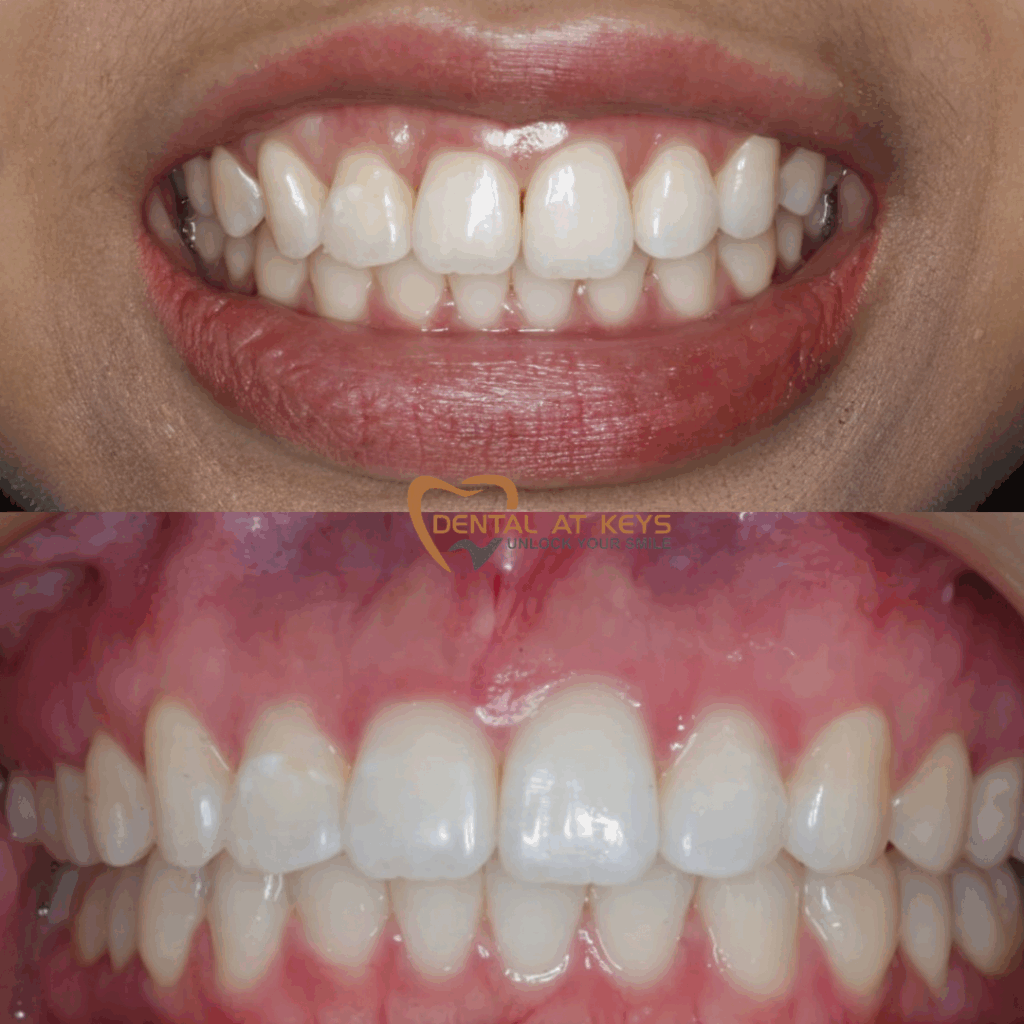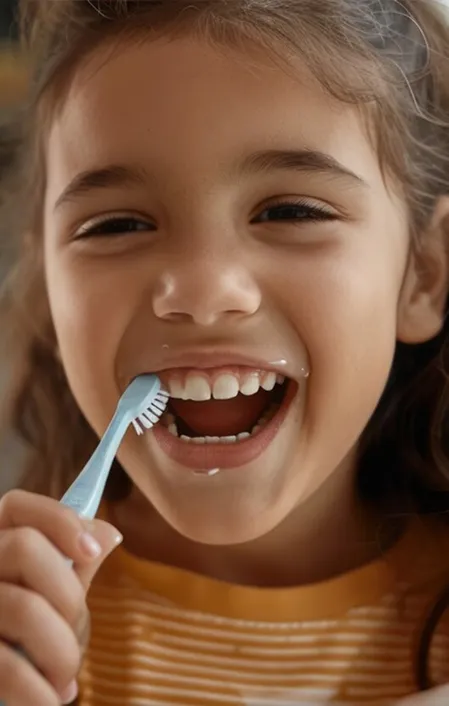
What are fissure sealants?
Fissure sealants are a resin material placed and set on the grooves (fissures) of teeth with the aim of reducing the risk of tooth decay.
Why do you need fissure seals?
All teeth come in varying shapes and sizes. At times, the adult tooth can form with a lot of grooves and ditches. When a new adult tooth erupts, the tooth is at a higher risk of decay.
This is due to a variety of factors:
- The child is young and may not be as good at cleaning their teeth. This is why an adult should help them brush their teeth until they are at least 8!
- The whole process of tooth eruption takes a long time. This means the tooth may have a flap of gum over it for a while until it erupts fully. This flap of gum can get food and plaque trapped around it.
- Unfortunately a lot of kids tend to have a very high sugar diet.
Due to these factors, fissure sealants can be a good way to seal the top of the tooth and reduce the amount of plaque accumulating on it. This makes the tooth easier to clean.
How are fissure sealants done?
- The dentist will clean the tooth first, sometimes they will have remove a bit of stained tooth along the grooves first
- They will apply some material to prepare the tooth for the sealant
- They may place some special dental bonding material (this step is not always required)
- They place the sealant material on the tooth and set it with a special light
For a sealant to be effective, the area needs to be very dry so it will depend on how your child does in the chair.
There is no pain associated with this procedure and is very well tolerated by children.

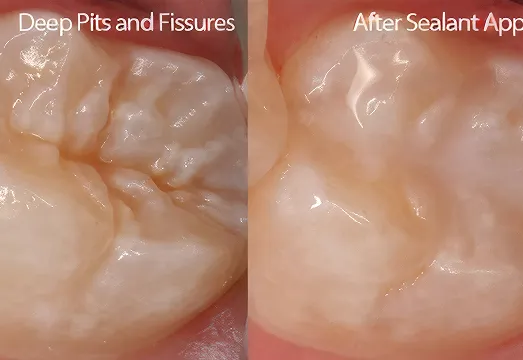
Other things to consider about fissure sealants
A fissure sealant does not guarantee that the tooth will not develop decay, it will only reduce the risk. It is still extremely important that your child brushes, flosses and has a healthy diet.
Fissure sealants are not designed to be permanent. It usually comes off a few years after, when the child is older and more able to clean the tooth well. They can come off sooner depending on their diet. We recommend not to eat chewy or sticky lollies (e.g. Minties, Fantales) because these can pull off the sealants.
Not all teeth are the same, this is why personalised care is at the heart of what we do.
Common Dental Problems
Frequently Asked Questions

How much do fissure sealants cost?
Fissure sealants generally cost under $100 per tooth and are much more affordable than tooth fillings as the procedure is quicker.
Can I get new sealants if my old ones break off?
Of course! We will assess your tooth, decay risk etc and will let you know if you really do need another fissure sealant.
Do only kids need fissure sealants?
No, adults also routinely have sealants done, although this is much rarer than children.
Can you fissure seals baby teeth?
Yes of course we can, although this isn’t routinely done unless the tooth is at a high risk of decay.



